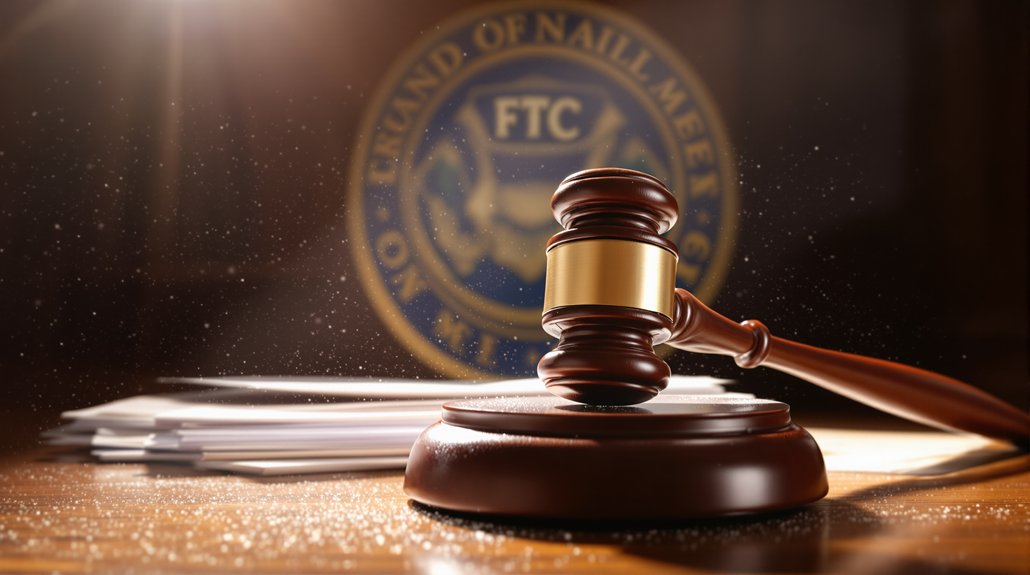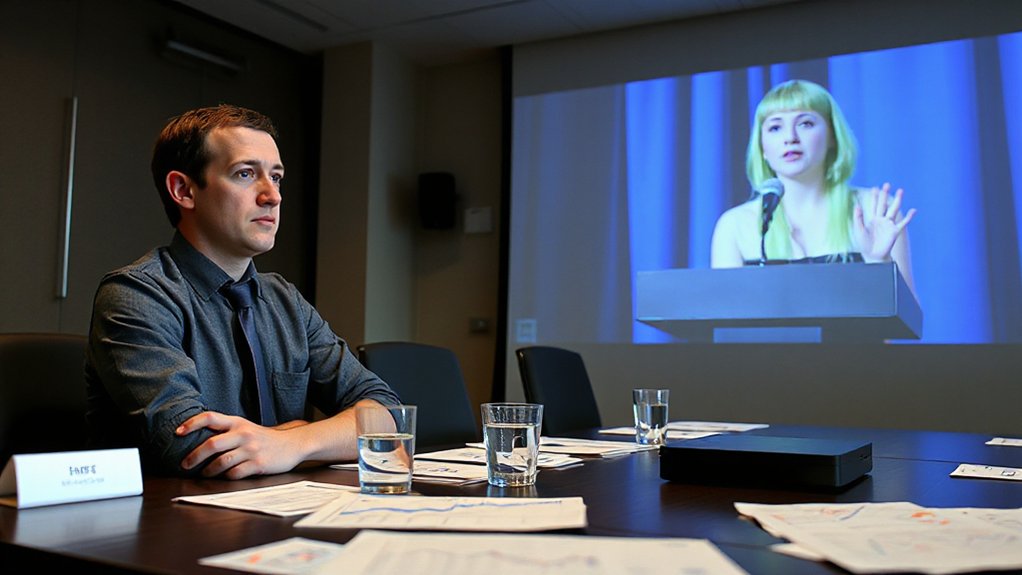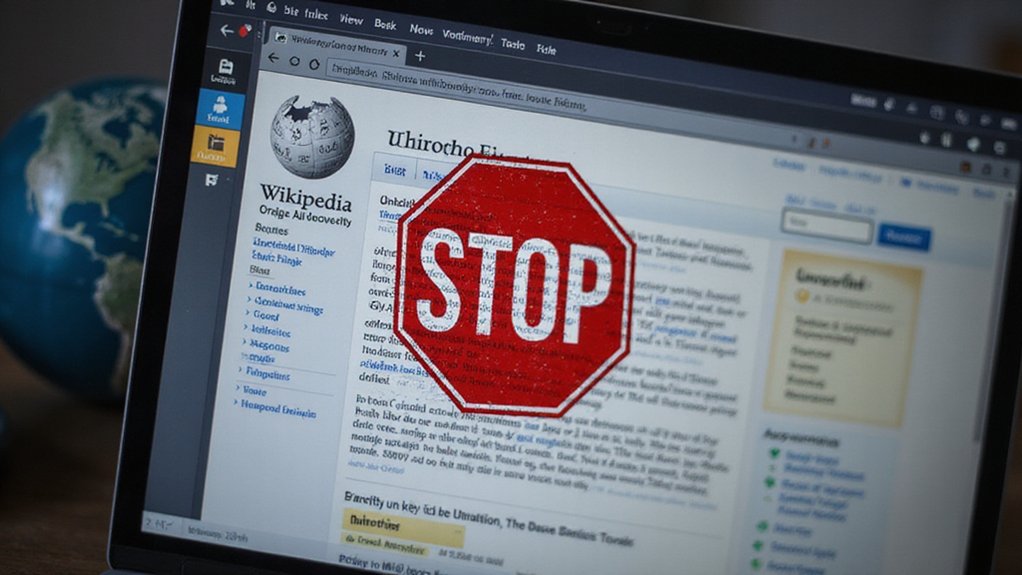A federal judge just slammed the brakes on the FTC’s investigation into Media Matters, and the agency’s getting roasted for it. Federal District Judge Sparkle L. Sooknanan didn’t mince words when she blocked the probe, calling it a “straightforward First Amendment violation.” The injunction stops the FTC cold until the lawsuit gets sorted out.
Here’s what kicked this whole mess off. Media Matters published research showing ads running next to offensive content on X, formerly Twitter. Major advertisers freaked out and pulled their money. Then Trump returns to office, Andrew Ferguson becomes FTC chair, and suddenly Media Matters is under investigation. Coincidence? The judge didn’t think so.
The FTC’s demands were wild. They wanted six years’ worth of information from Media Matters, supposedly to investigate “potential collusion with advertisers.” The nonprofit basically does journalism and media criticism. Now they’re getting probed for it? Judge Sooknanan saw right through this, noting the investigation targeted “quintessential First Amendment activity.”
Media Matters straight-up accused the FTC of retaliation. They’d been critical of X and Elon Musk, reporting on disinformation and right-leaning platforms. Ferguson and some senior FTC staff had publicly called for action against Media Matters before even joining the agency. That’s not a great look when you’re claiming this investigation is totally legitimate and not about payback.
The court agreed this looked like government retaliation against protected speech. Judge Sooknanan cited the context of prior public attacks on Media Matters as evidence of retaliatory intent. She compared the situation to White v. Lee, a case about investigative overreach violating First Amendment rights. The judge also warned this could set a dangerous precedent for government agencies targeting organizations engaged in public debate.
Media Matters argued the FTC doesn’t even have the authority to go after nonprofits for coordinating newsgathering activities under antitrust laws. The judge seemed to buy it. She emphasized that government action against press liberties threatens participatory democracy itself. The court found that the FTC’s civil investigative demand sought sensitive materials including analyses, studies, and communications related to advertising practices.
The investigation had already chilled Media Matters’ reporting. They testified it deterred them from pursuing certain stories about the FTC and its chair. That’s exactly the kind of self-censorship the First Amendment is supposed to prevent. For now, the FTC’s probe is dead in the water.
References
- https://techcrunch.com/2025/08/16/judge-says-ftc-investigation-into-media-matters-should-alarm-all-americans/
- https://reason.com/volokh/2025/08/18/judge-quashes-ftc-investigative-demand-to-media-matters-finding-straightforward-first-amendment-violation/
- https://www.ftc.gov/system/files/ftc_gov/pdf/2510061mediamattersorderdenyingptq.pdf
- https://www.editorandpublisher.com/stories/media-matters-wins-preliminary-injunction-against-retaliatory-ftc-investigation
- https://www.mediamatters.org/justice-civil-liberties/media-matters-wins-preliminary-injunction-against-retaliatory-ftc









